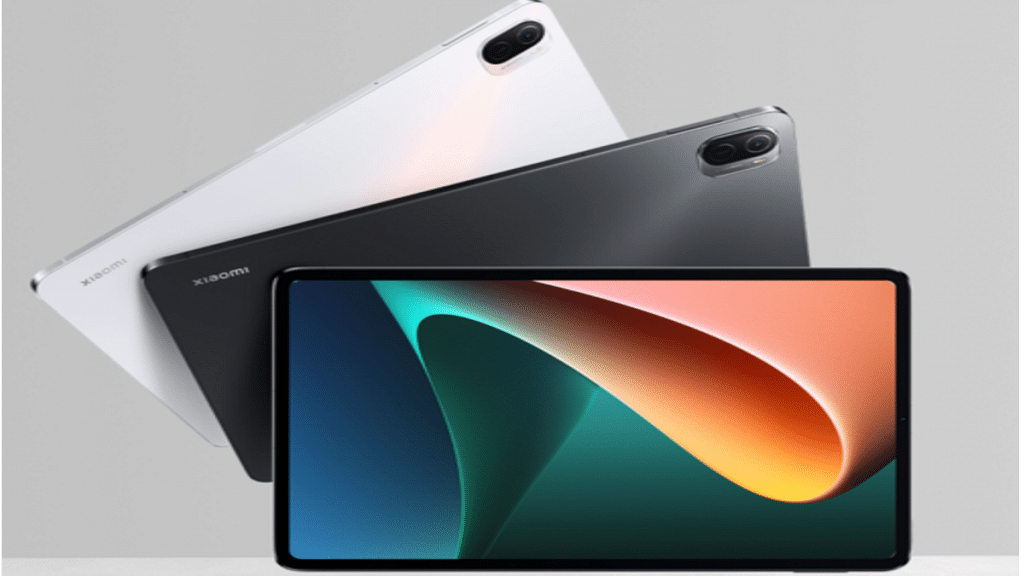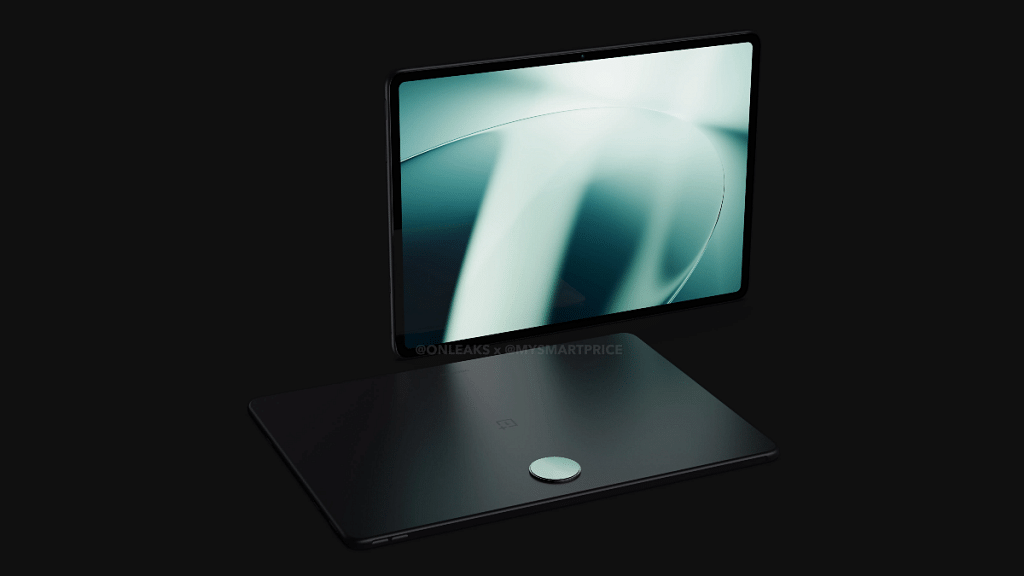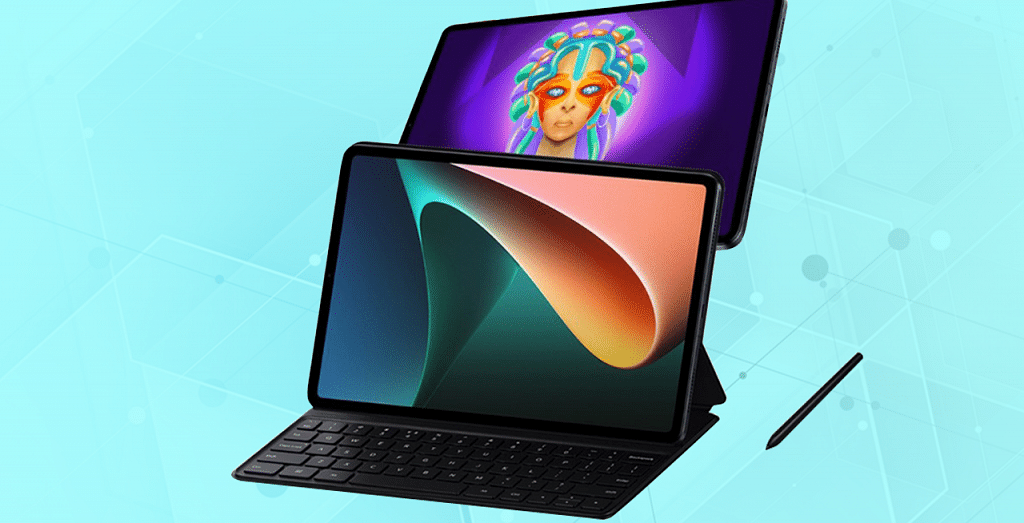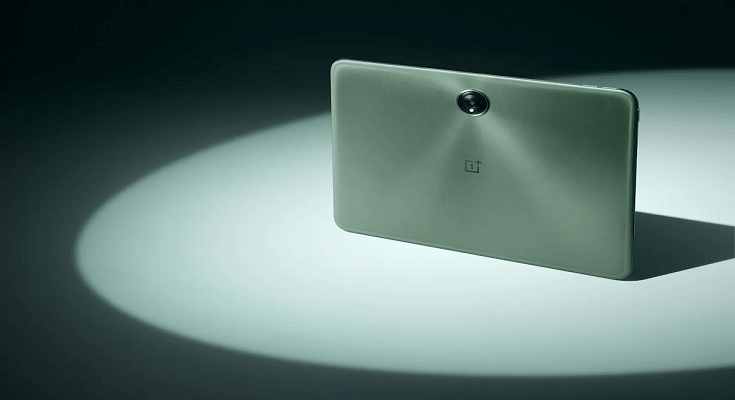OnePlus has made its official debut in the mobile tablet industry with the OnePlus Pad tablet. The highly anticipated OnePlus tablet has arrived with premium-grade hardware in India including the octa-core Dimensity 9000 chipset, a 120Hz display, and a beefy battery module. However, OnePlus isn’t the only player in this segment, Xiaomi already has a popular model called the Pad 5 with 5G network support and more. We are doing a spec sheet based comparison between the OnePlus Pad and the Xiaomi Pad 5 tablet. Which one will grab the market for long? Read on this article for the details:
OnePlus Pad Vs Xiaomi Pad 5: Display Specifications
| Model | OnePlus Pad | Xiaomi Pad 5 |
| Display | 11.61-inch LCD | 11.0-inch LCD |
| Resolution | 2000 x 2800 pixels | 1600 x 2560 pixels |
| Refresh Rate | 144Hz | 120 Hz |
The OnePlus Pad bestows a large 11.61-inch display. The panel type is LCD which is a standard panel type used in most premium mid-range Android tablets. The screen on the OnePlus Pad tablet supports a 2K resolution of 2000 x 2800 pixels and up to 144Hz refresh rate. It has an average brightness level of 500 nits.

When we compare the display parameters of the Xiaomi Pad 5, you get an IPS LCD screen here as well. However, the Xiapmi Pad 5’s display is slightly smaller at 11.0 inches and supports a lower resolution of 1600 x 2560 pixels. A premium viewing experience can be expected on both OnePlus Pad and the Xiaomi Pad 5 tablets. But the former beats the latter with a higher 144Hz refresh rate and a 2000 x 2800 pixels screen resolution.
Also Read: Nokia T21 Vs Moto Tab G62 Vs Samsung Galaxy Tab A8: Best Android Tablet Under Rs. 20,000 In India
OnePlus Pad Vs Xiaomi Pad 5: Camera Specifications
| Model | OnePlus Pad | Xiaomi Pad 5 |
| Rear Camera | 13MP | 13MP |
| Front Camera | 8MP | 8MP |
| Video recording | 4K @30fps | Up to 4K @30fps |
The OnePlus Pad Android tablet uses a 13MP main camera at the rear for photography. The primary sensor supports EIS stabilization that will help with clean shots even with moving or shaking backgrounds. The OnePlus Pad’s rear camera can further record up to 4K@ 30fps videos. The front snapper packed inside the OnePlus Pad Android tablet is an 8MP sensor that supports up to 1080p@30fps videos.

The exact same camera hardware is offered by the Xiaomi Pad 5 tablet. This tablet also features a 13MP main rear camera and an 8MP front camera for selfies and video calling. The Xiaomi Pad 5’s rear camera has the same video recording capability of up to 4K@ 30fps.
OnePlus Pad 5 Vs Xiaomi Pad 5: Chipset, Battery
| Model | OnePlus Pad | Xiaomi Pad 5 |
| Chipset | MediaTek Dimensity 9000 | Qualcomm Snapdragon 860 |
| RAM | Up to 12GB | Up to 6GB |
| Battery | 9,510 mAh | 8,720 mAh |
| Fast Charging | 67W | 33W |
The chipset game is strong with both OnePlus Pad and the Xiaomi Pad 5 tablets. However, the former gets an edge with the new-generation flagship MediaTek Dimensity 9000 processor which is an octa-core SoC fabricated using a 4nm process.

The Xiaomi Pad 5 also has a flagship-grade chipset. But this model gets the Snapdragon 860 octa-core SoC. Both these tablets can perform well with extensive tasks but the OnePlus Pad can be expected to be more fluid and smooth. Additionally, up to 12GB RAM is an advantage with the OnePlus Pad compared to the 6GB RAM option offered by the Xiaomi Pad 5.
Speaking of the battery capacity, the OnePlus Pad uses a 9,510 mAH battery with 67W fast charging support, while the Xiaomi Pad 5 is packed with a 8,720 mAh battery with 33W fast charging.
Also Read: Nokia T20 Vs Lenovo Tab M8 4th Gen Vs Realme Pad Mini: Best Android Tablets
